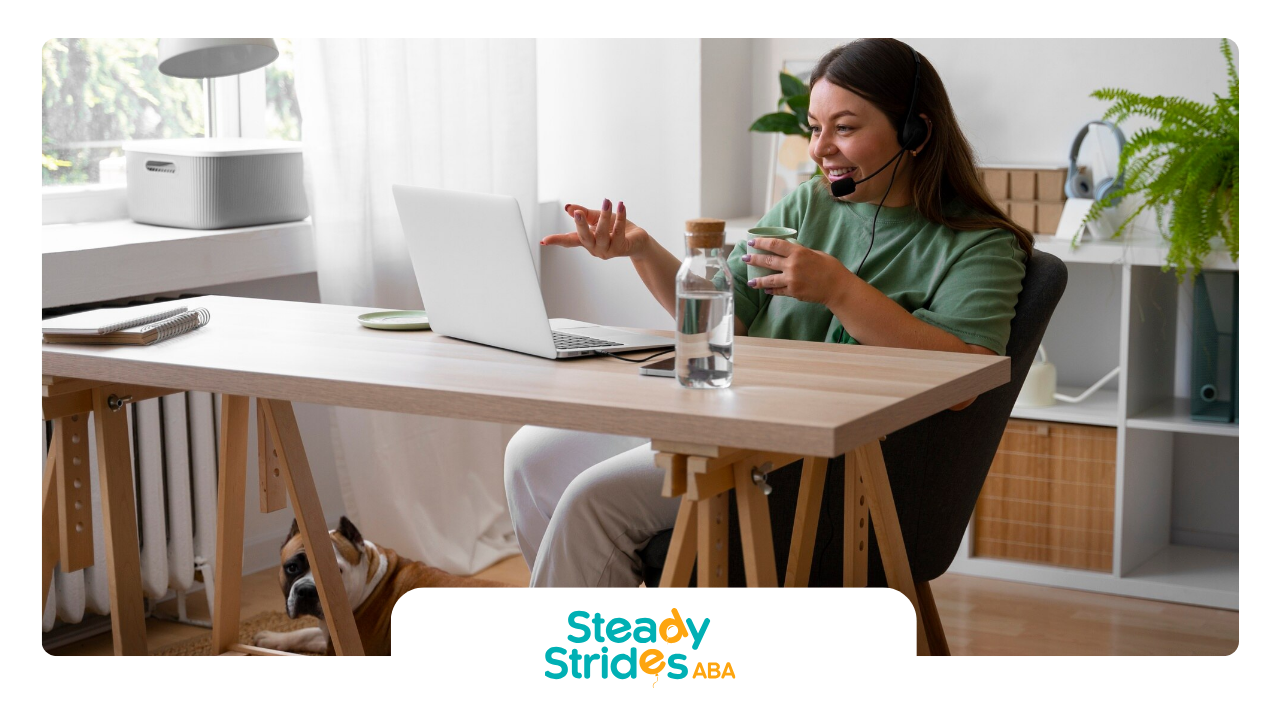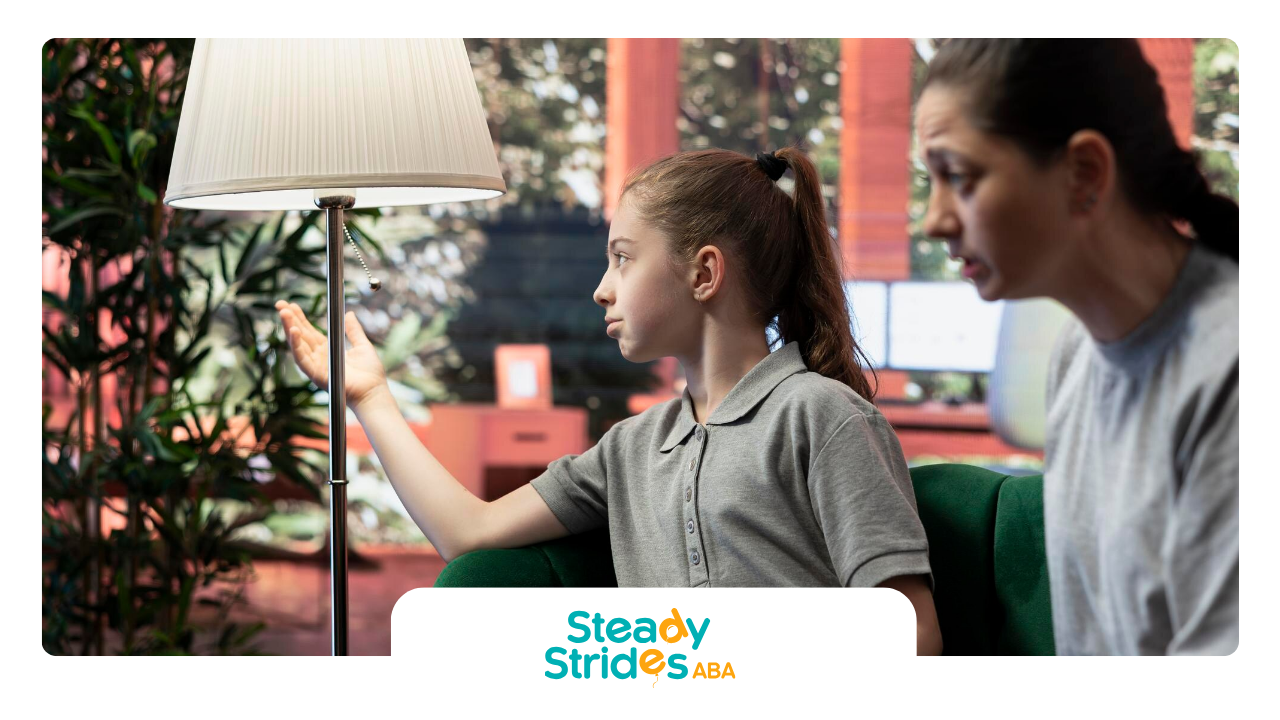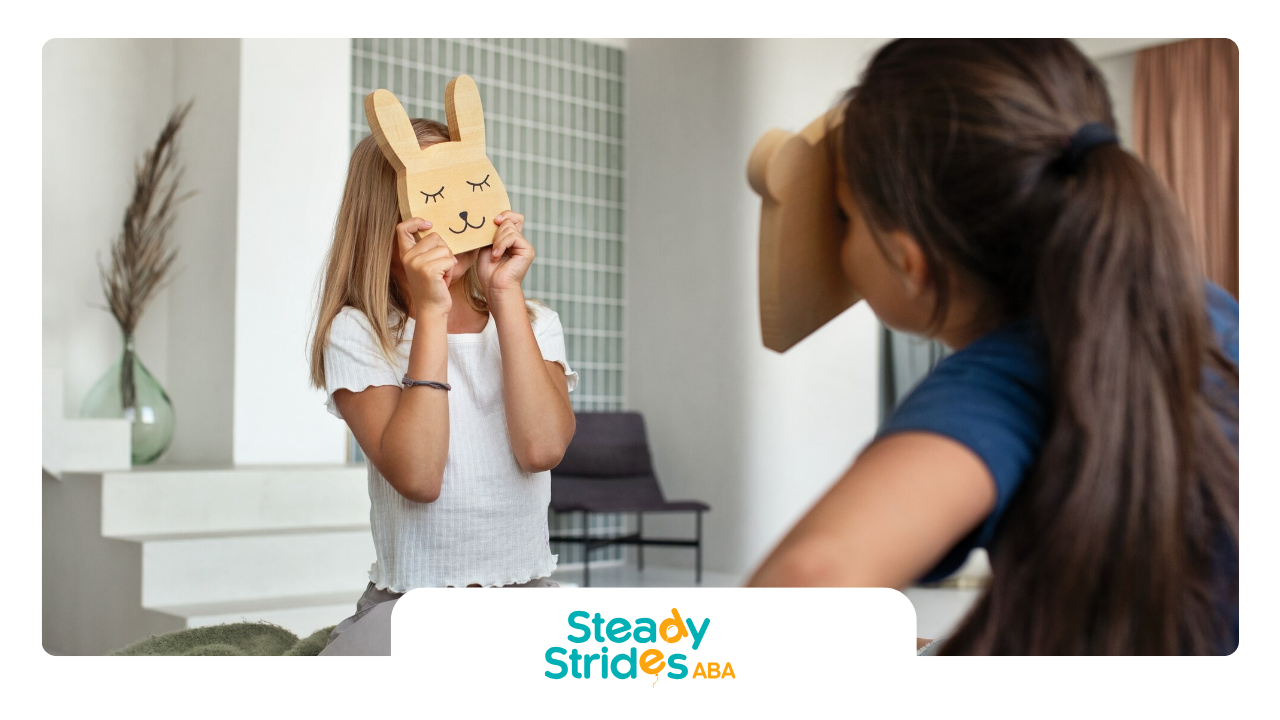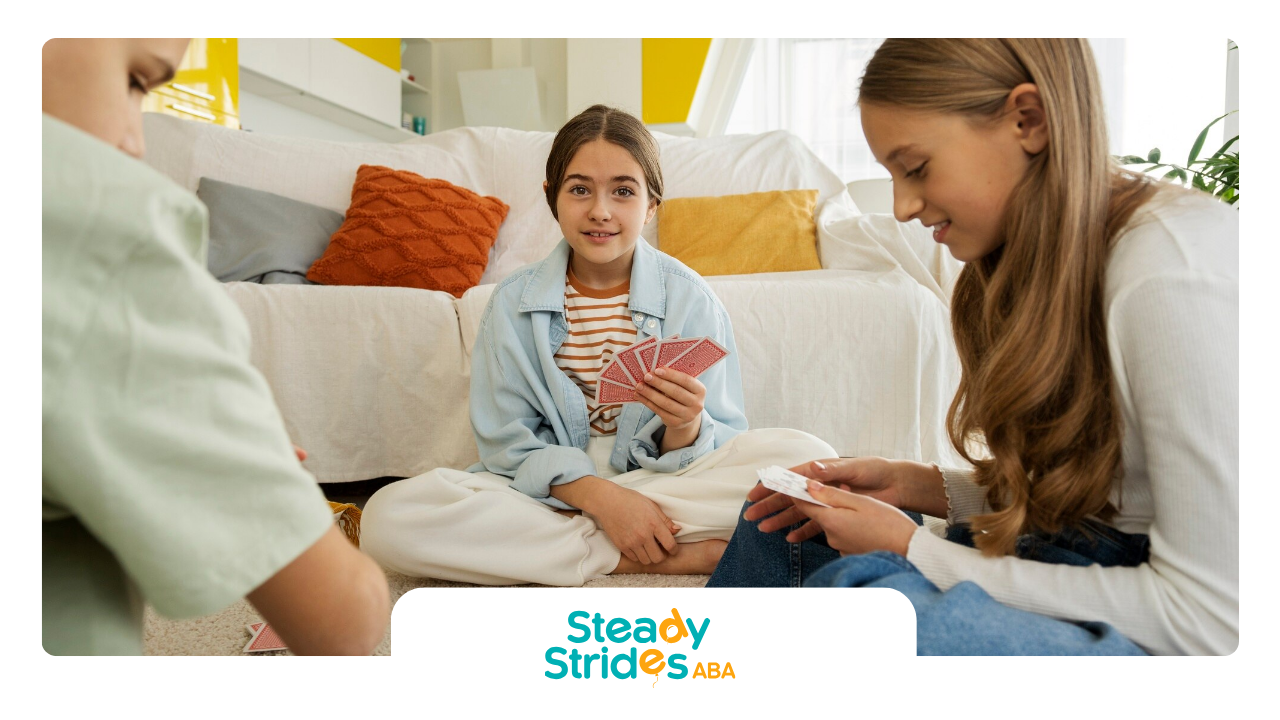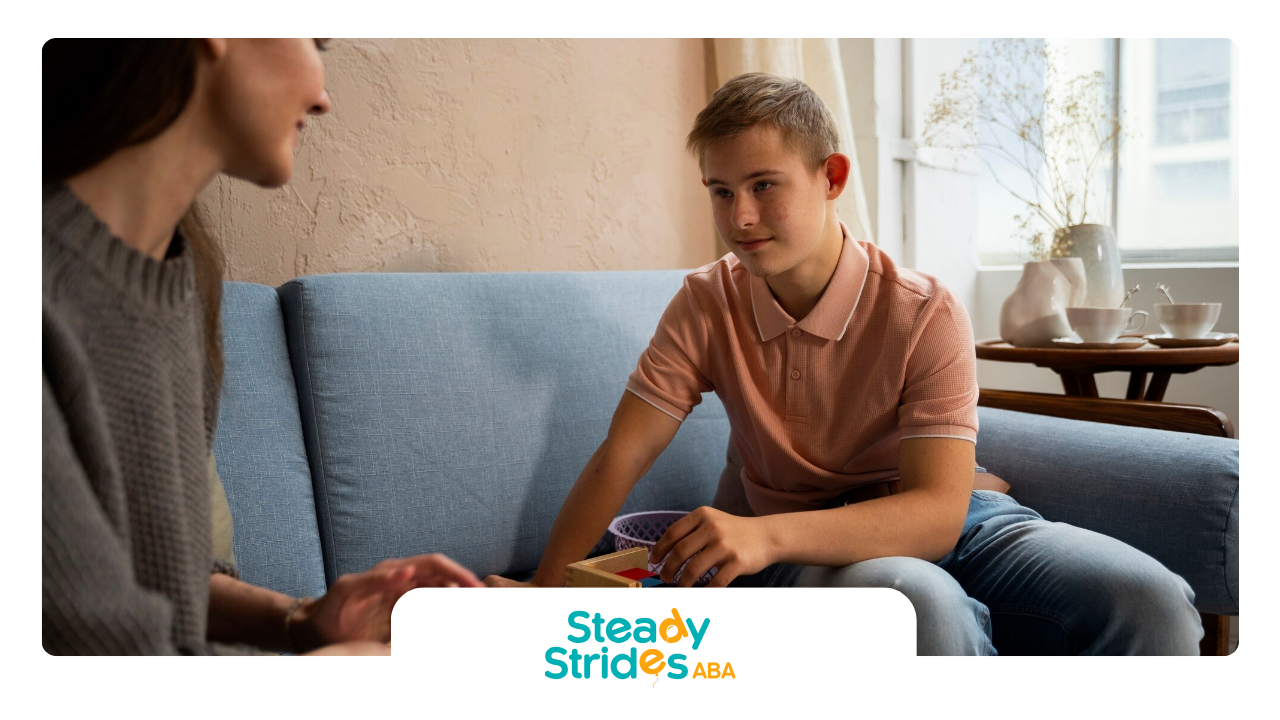Sensory-Friendly Activities for Autistic Adults
Exploring sensory activities can do wonders for autistic adults, offering both fun and relaxation. Finding the right sensory-friendly options can make daily life a bit more enjoyable and manageable for everyone.
Why Sensory Activities Rock
Sensory activities aren't just for kids; they're great at helping autistic adults handle their sensory inputs, taking the edge off anxiety, and boosting overall happiness. Sweating the details, like using a weighted vest, might sound a bit much, but these simple tricks can lead to real improvements. Imagine being more focused and on-task—research from way back in 2001 showed just that when using weighted vests.
| Benefits of Sensory Activities | How They Help |
|---|---|
| Manage Sensory Response | Keeps sensory input in check—no overloads! |
| Chill Out | Calming vibes that lower stress. |
| Boost Happiness | Lifts mood and mental health. |
| Encourage Good Vibes | Makes daily tasks more engaging. |
Motor Skills, but Fun
Not only are sensory activities about chilling out, but they also work wonders on motor skills. They get our bodies moving, balancing, and coordinating without even feeling like "exercise."
Playing around with different textures, movements, and sensory experiences can spice up the usual routine. Just think of sensory balls, playdough, or even those ninja-style obstacle courses—they can turn 'exercise' into 'playtime.'
| Activity Type | What's It For | Perks |
|---|---|---|
| Sensory Balls | Touch and movement fun | Boosts grip and coordination |
| Playdough | Tactile pleasure | Enhances fine motor moves and creativity |
| Obstacle Courses | Bring on the challenges | Builds big motor skills and balance |
Turning daily life into play by adding sensory-friendly fun can create a sense of achievement and joy. Families and caregivers can explore all sorts of options, from board games for autistic adults and video games for autistic adults to various therapeutic games for autistic adults. These activities match well with the individual quirks and desires of autistic adults, making life more engaging and connected.
Yoga and Sensory Integration
Yoga offers a fresh take on helping autistic adults with sensory integration. Focused moves and mindfulness help them make sense of their sensory world with more ease.
Role of Yoga for Autistic Adults
Yoga's like hitting the jackpot when it comes to a sensory workout for autistic adults. It boosts body smarts, soothes frazzled nerves, and makes balance and coordination better. According to Integrity, Inc., yoga also beefs up self-regulation and helps handle reactions to things that set them off. Sensory activities like deep pressure, touch, and visual stimulation come into play here, making yoga a top-notch choice.
Throw in some breathing exercises and mindfulness, and autistic adults can get a grip on their emotions and dial down anxiety. The steady beat of yoga poses sets up a comforting routine, which is really helpful for folks on the autism spectrum.
Tailoring Yoga Classes for Individual Needs
Yoga sessions can be tweaked to fit what autistic adults need. Some might need props like blocks and straps to make sure they can follow along safely and comfortably. Instructors should get to know each person's likes and dislikes when it comes to sensory stuff, adjusting things to cut out distractions and keep the focus tight.
| Individual Needs | Suggested Modifications |
|---|---|
| Sensitivity to Sounds | Try calm background music or keep it quiet |
| Need for Physical Support | Use props like mats and blocks |
| Preference for Slow Pace | Go with chill, soothing yoga styles |
| Visual Stimulation | Choose soft colors and gentle lighting |
Figuring out and making these changes means yoga can be a real sensory treat for those who show up. For more fun activities, check out board games for autistic adults or video games for autistic adults. The aim is to build a supportive scene where self-discovery is encouraged and joy through movement is the star of the show.
Sensory Rooms for Autistic Adults
Design and Benefits of Sensory Rooms
Sensory rooms are comfy spaces made to help folks with sensory quirks, especially those with autism. You can find these rooms in places like schools, hospitals, and community hubs. They let you tweak sensory experiences to fit what each person needs, making getting along with the world around you a bit easier.
In these spaces, you'll find stuff that either wakes up your senses or chills them out, like dim lights, things with different textures, scents that help you relax, or soothing sounds. The idea is to keep things from getting too hectic while giving people a chance to explore with their senses.
| What You'll Find in Sensory Rooms | What's It Do? |
|---|---|
| Soft Lighting | Keeps the glare down, making things peaceful |
| Tactile Materials | Offers a bunch of textures to check out |
| Calming Sounds | Plays gentle tunes or nature sounds for a mellow vibe |
| Aromatherapy | Uses essential oils for chill vibes or a little perk-up |
Studies show that sensory rooms can ease stress and help manage behaviors. Folks focusing better and feeling more at peace are some of the perks for those dealing with sensory processing challenges like autism.
Impact on Stress Reduction and Well-Being
Sensory rooms are a game-changer, particularly for grown-ups with autism. Seen as a stress-buster, these rooms have been shown to cut down on not-so-great behaviors while boosting how involved folks are. For example, in schools, sensory rooms can mean less need for pricey outside help, easing the load on both students and teachers.
They also drive positive changes in behavior. When autistic people—especially kids aged 4-12 years—spend time in Multi-Sensory Environments (MSEs), there's a drop in repetitive actions. You’ll notice boosted focus and more friendly interaction, underlining how these spaces help with overall well-being.
Making places sensory-friendly matters for improving the life experience for adults with autism. Crafting sensory spots that match personal tastes and needs can let caregivers build a setting that nudges relaxation and personal growth. For those on the hunt for sensory-friendly games, check out options like therapeutic games for autistic adults or autism-friendly games for adults to mix into these sensory-rich hangouts.
Game-Based Interventions for Autistic Adults
Jumping into game-based activities can really shake things up for autistic adults. It’s not just about playing—these sessions can actually help folks grow where it matters. Whether it's playing classic board games or hopping into digital worlds, these approaches offer a bit of magic for building up those crucial conversation skills and giving unforgettable experiences along the way.
Enhancing Social Communication Skills
Games are like playgrounds for social skills, especially for people with Autism Spectrum Condition (ASC). Games are structured playgrounds for social skills. They bring people together, letting them practice talking and interacting. Since the 1950s, people have realized how games can sharpen social and thinking skills, and help control emotions.
Take role-playing games, like Dungeons and Dragons, for example. They work wonders for folks by setting the stage for social chatter and making everyone feel like they belong. Players get to dive into stories and experience what it means to be understood and welcome.
| Game Type | Benefits |
|---|---|
| Role-Playing Games | Sparks social bonding and acceptance |
| Cooperative Games | Boosts teamwork and conversation skills |
| Strategic Board Games | Hones planning and critical thinking skills |
Benefits of Analog and Digital Games
Games come in all flavors, and both board and screen games dish out special treats for autistic adults. Good ol' board games can help meet sensory needs and bring out the best in social skills. They’re great for face-to-face banter in a cozy, organized setting, helping players fine-tune how they chat with others. Plus, moving the pieces around can be pretty calming for some folks.
Now, for the tech-savvy, digital games give a comfortable space to test and expand communication mojo. They create stress-free scenarios for engaging with others online. Playing these games can lift spirits and connect autistic adults with others.
| Game Format | Advantages |
|---|---|
| Analog (Board Games) | Direct interaction, sensory fun |
| Digital (Video Games) | Safe zone for social skills trials |
To wrap it up, games that cater to sensory and communication needs are like gold for growing social and thinking skills. These fun and learning-packed activities open doors for autistic adults to engage and bloom. For more game ideas, check out our articles on board games for autistic adults and video games for autistic adults.
Board Games for Autistic Adults
Playing board games can be a fantastic, fun way for autistic adults to unwind and connect with others. These games not only entertain but also help boost social abilities and brain power.
Cooperative Board Games
Cooperative board games are all about teamwork and getting folks to chat with each other. Games like Pandemic and Forbidden Island push players to unite and work towards a win together. These games can really help autistic adults by getting everyone to talk strategy, and divvy up tasks, making for a more social scene.
| Game Title | Age Range | Number of Players | Duration |
|---|---|---|---|
| Pandemic | 13+ | 2-4 | 45 minutes |
| Forbidden Island | 10+ | 2-4 | 30 minutes |
Playing these games means you gotta speak your mind and lay out your game plan, so communication skills can get a real boost. Plus, the teamwork involved in these games can create a friendly setting, making interactions less nerve-wracking.
Strategic Board Games for Cognitive Development
Strategic games can be a real brain workout. Titles like Ticket to Ride, Codenames, and 7 Wonders Duel have players think things through, plan, and make decisions. This kind of mental challenge can be super useful for autistic adults wanting to sharpen their problem-solving and planning skills.
| Game Title | Age Range | Number of Players | Duration |
|---|---|---|---|
| Ticket to Ride | 8+ | 2-5 | 30-60 minutes |
| Codenames | 14+ | 4-8 | 15-20 minutes |
| 7 Wonders Duel | 10+ | 2 | 30 minutes |
These mind-bending games help players think about what their moves will mean down the line, honing their forward-thinking abilities. Elements like simple rules, hands-on pieces, and focusing on turns can positively affect how people communicate and work together.
Board games are a neat way for autistic adults to mingle and build important life skills. Blending play with learning, they're a great way to boost well-being and interaction among players. For even more gaming ideas, check out video games for autistic adults and therapeutic games for autistic adults.
Virtual Reality (VR) Games for Autistic Adults
VR games are not just about fun and adventure. They're like tiny training grounds where autistic adults can develop new skills, giving both joy and education a virtual twist.
Benefits of VR for Social Skills
For those on the Autism Spectrum, VR can be a game-changer in a very literal sense. It’s an exciting place where social skills get a workout without the weight of "real-world" pressure. Want to practice a job interview or get a handle on small talk? Put on that VR headset and dive into a world where you can master interactions before you take them live. This digital practice zone helps folks feel more at ease and ready to face various social settings.
| Social Skills Practice | Benefits |
|---|---|
| Job Interview Prep | Tuning up for real job interviews |
| Chatting Obstacle Course | Makes social exchanges less nerve-wracking |
| Practicing with NPCs | Run-through for social cues in a no-risk zone |
Thinking of diving deeper? Check out some more autism-friendly games for adults to see how VR can build those all-important connections.
Cognitive Development through VR Games
But wait, there's more! VR isn't only about chatting it up. It's also a brain gym. These games offer challenges that sharpen skills like problem-solving, paying attention to details, and understanding spaces and shapes. Research from Smith and Johnson (2021) shows VR can give cognitive skills a nice boost, making it a fantastic choice for learning or therapy.
| Cognitive Skills | Benefits |
|---|---|
| Problem-Solving Skills | Flexes those brain muscles |
| Eye for Detail | Sharpens focus and accuracy |
| Understanding Spaces | Better grasps the world around them |
And don’t overlook the social perks of online multiplayer games. It’s not just about playing; it’s about building friendships and fighting feelings of loneliness that some autistic adults face. If you're curious about both VR and traditional gaming, swing by video games for autistic adults for a peek at more game options tailored to different needs.



